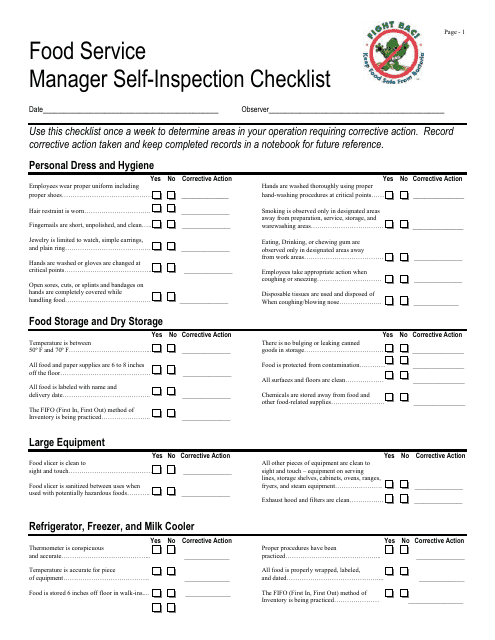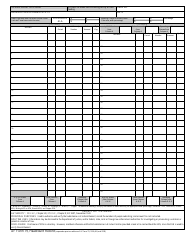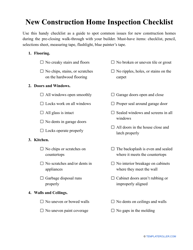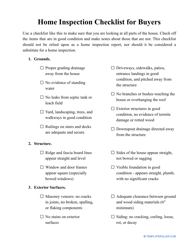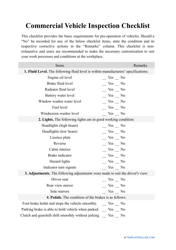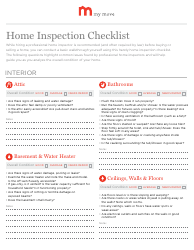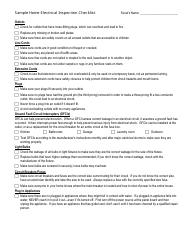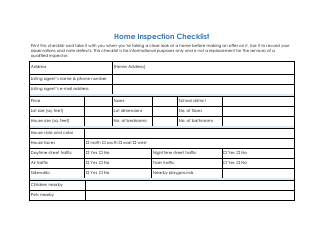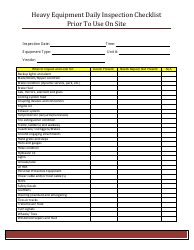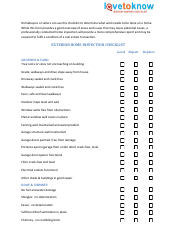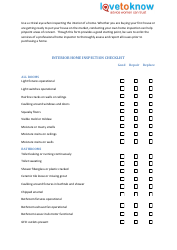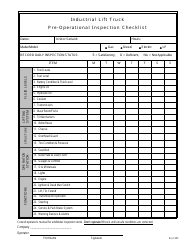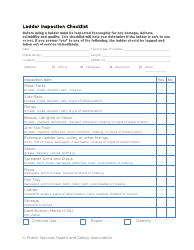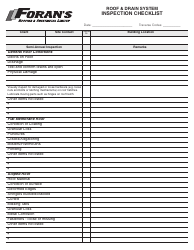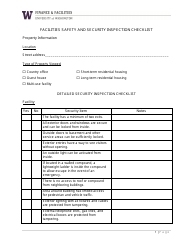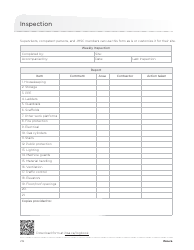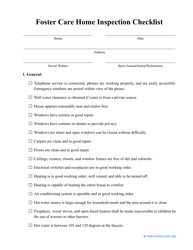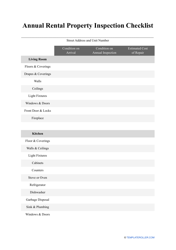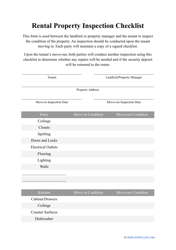Food Service Manager Self-inspection Checklist
The Food Service Manager Self-inspection Checklist is used to ensure that food service establishments are complying with health and safety regulations. It helps food service managers conduct a thorough inspection of their facility to identify any potential issues and implement corrective measures as necessary.
The food service manager typically files the self-inspection checklist.
FAQ
Q: What is a Food Service Manager Self-inspection Checklist?
A: A Food Service Manager Self-inspection Checklist is a tool used by food service managers to assess the hygiene and safety practices in their establishment.
Q: Why is a self-inspection checklist important for food service managers?
A: A self-inspection checklist helps food service managers ensure that their establishment complies with health and safety regulations, identifies potential risks, and maintains a clean and safe environment for customers and employees.
Q: What does a Food Service Manager Self-inspection Checklist typically include?
A: A self-inspection checklist typically includes sections for assessing food handling, storage, temperature control, sanitation, equipment maintenance, and employee hygiene.
Q: How often should a food service manager conduct a self-inspection?
A: Food service managers should ideally conduct self-inspections on a regular basis, such as weekly or monthly, to consistently monitor and improve their establishment's safety and cleanliness.
Q: Are self-inspections enough to ensure food safety compliance?
A: Self-inspections are an important part of maintaining food safety, but they should be complemented by regular inspections from local health authorities to ensure full compliance with regulations.
